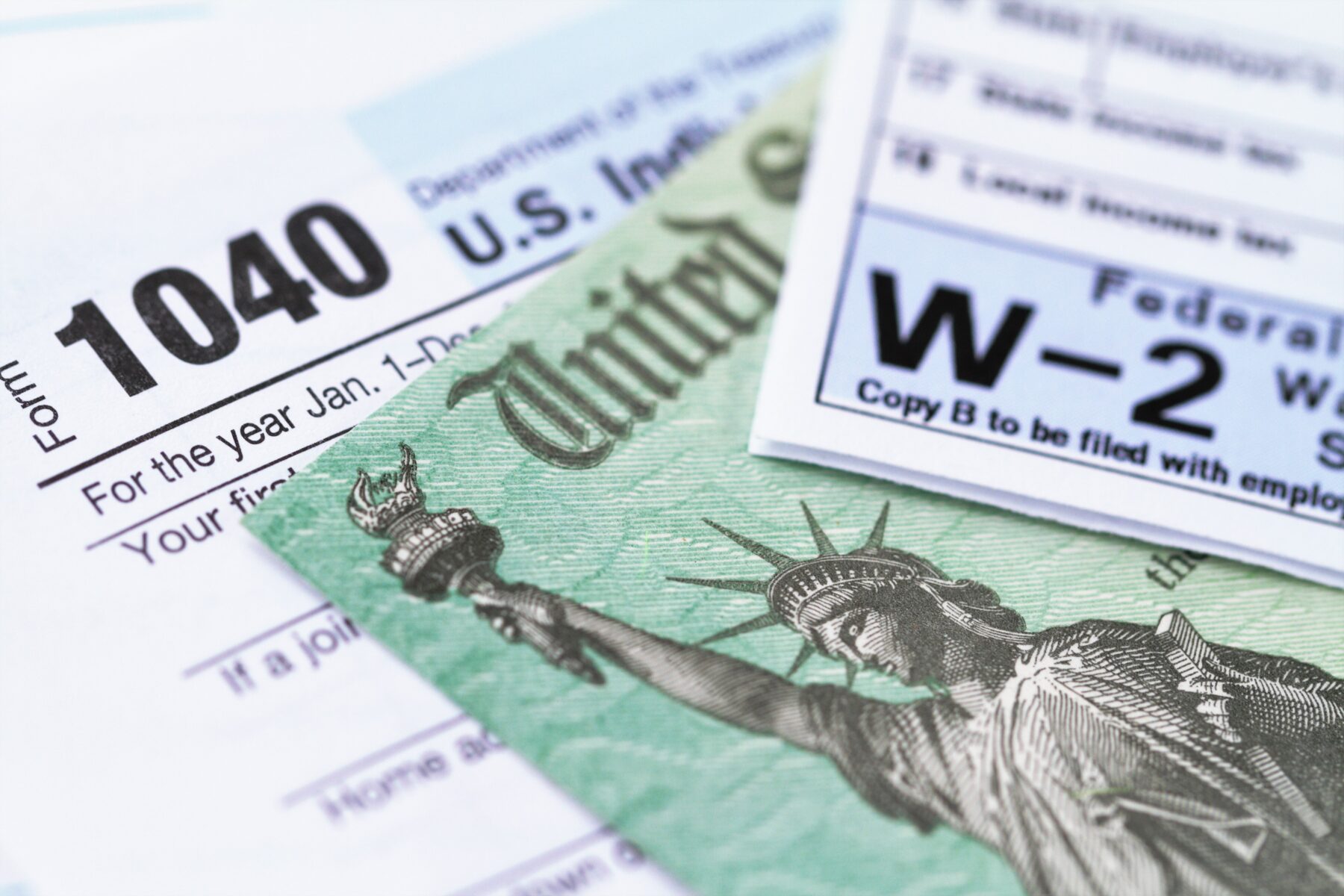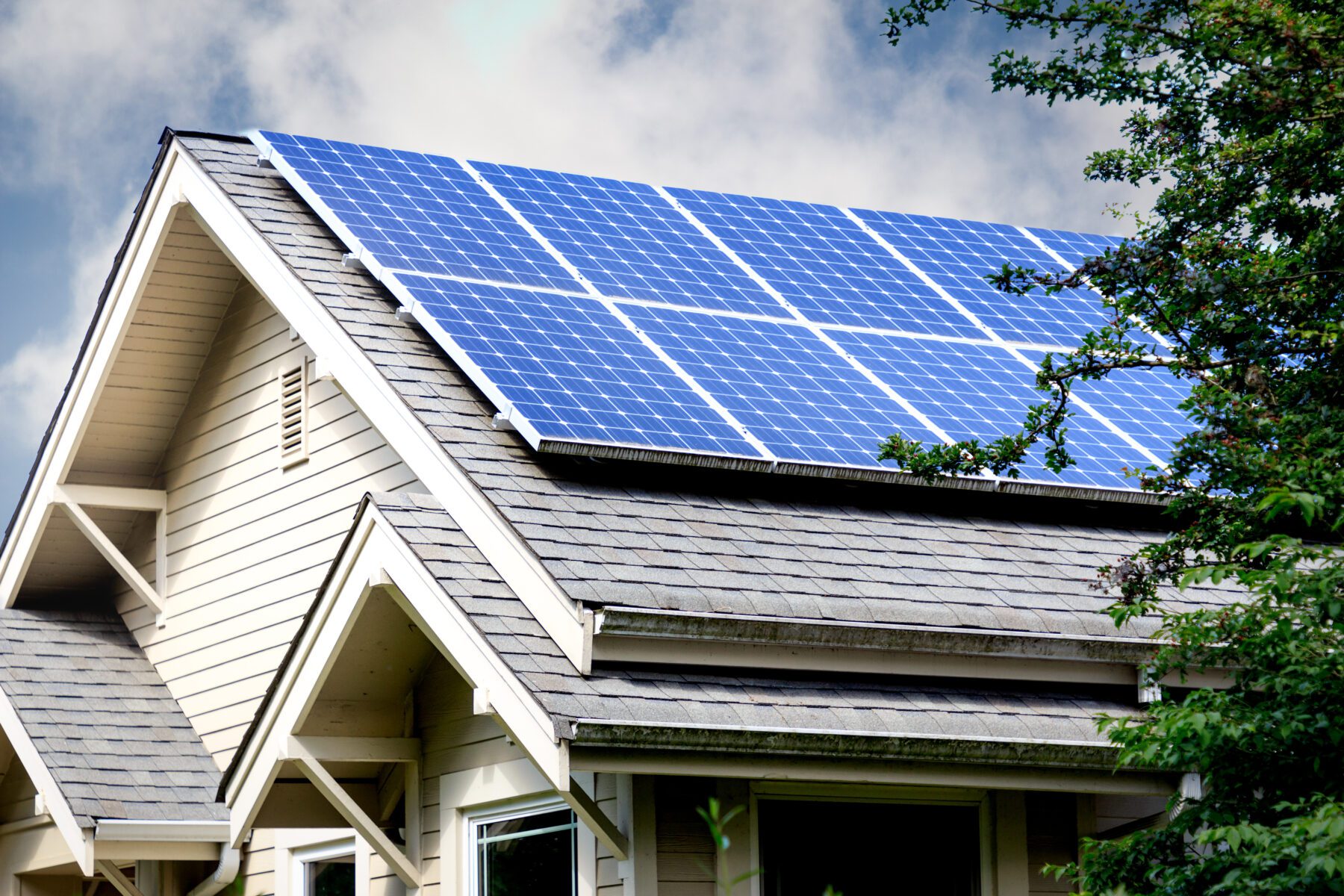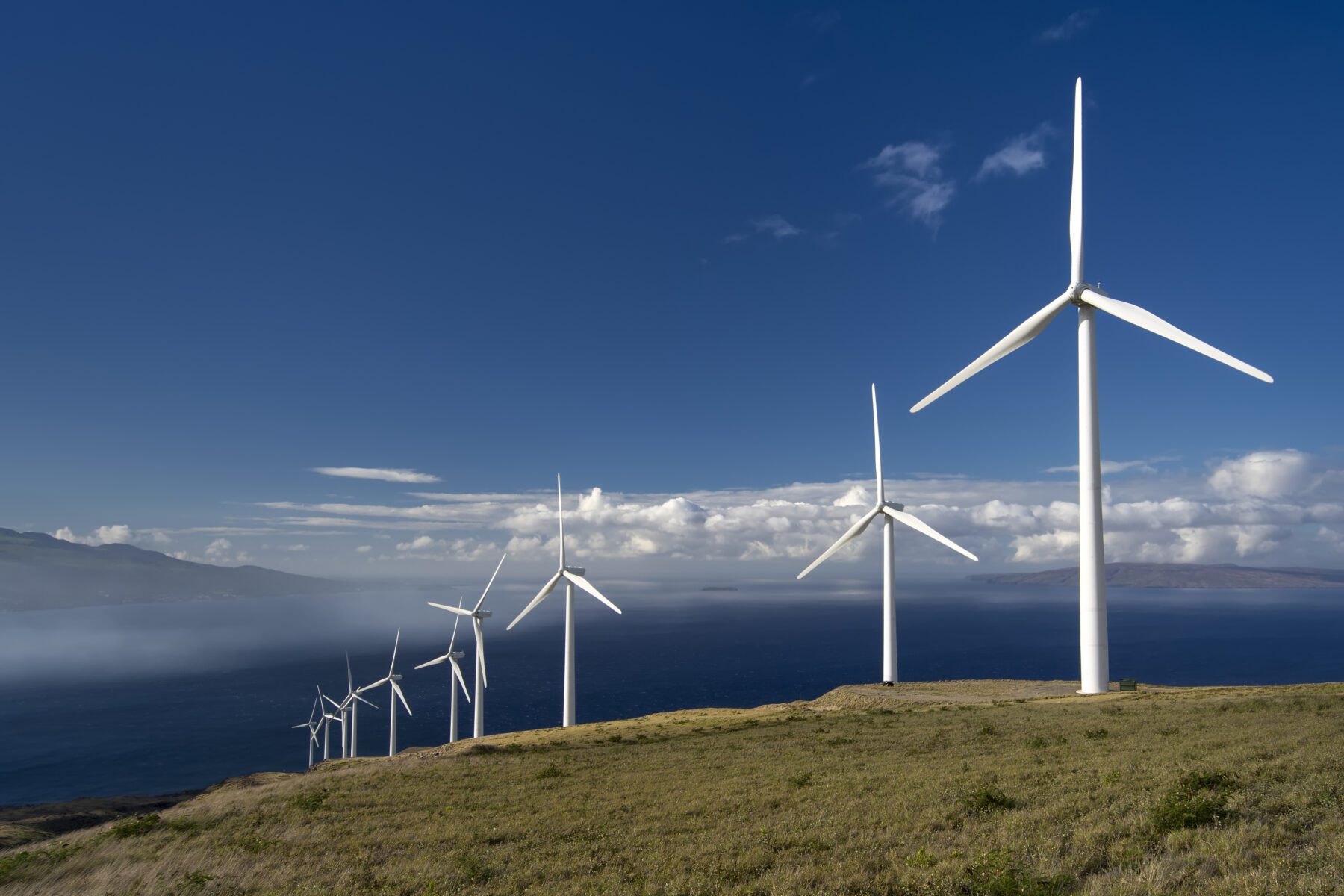
STATE OF Hawaiʻi AND FEDERAL INCENTIVES
STATE OF Hawaiʻi INCENTIVES
FEDERAL INCENTIVES
Residential Tax Credits
Due to the passage of the One Big Beautiful Bill (OBBB), the deadline for the Residential Clean Energy Credit (25D) and the Energy Efficient Home Improvement Credit (25C) has been significantly altered, generally terminating for expenditures made or property placed in service after December 31, 2025. Please refer to the IRS-FAQ Tax Credit Changes link for more information.
Eligible homeowners, including renters for certain expenditures, may be eligible for federal tax credits for energy and other efficient appliance purchases. Products eligible for federal tax credits include solar panels for electricity, home backup power battery storage (capacity greater than 3 kWh), solar water heating products, and other qualified energy efficiency upgrades. Please see additional links below for additional information:
Federal Residential Credit FAQ’s (Section 25D)
Disclaimer: The information provided in this FAQ is for informational purposes only and does not constitute tax advice. You should consult with a qualified tax professional to determine your eligibility for these tax credits and how they apply to your specific situation.
Business Tax Credits
The deadlines for several business energy tax credits have been significantly altered due to the passage of the One Big Beautiful Bill (OBBB), which accelerates the termination or phase-out of many incentives, including those for commercial clean vehicles and clean electricity projects.
Federal tax credits for energy technologies include investment tax as well as production tax credits, fuel credits, and vehicle credits. These credits encourage businesses to adopt clean energy practices and invest in energy-efficient property. Please see additional links below for additional information:
Federal Commercial Credit (Section 48) FAQ’s
Disclaimer: The information provided in this FAQ is for informational purposes only and does not constitute tax advice. You should consult with a qualified tax professional to determine your eligibility for these tax credits and how they apply to your specific situation.
Renewable Energy Production Tax Credit (PTC)
Wind facilities commencing construction by December 31, 2019, can qualify for this credit. The value of the credit steps down in 2017, 2018, and 2019. See below for more information. For all other technologies, credit is not available for systems whose construction commenced after December 31, 2016.
Residential Renewable Energy Tax Credit
A taxpayer may claim a credit of 30% of qualified expenditures for a system that serves a dwelling unit located in the United States that is owned and used as a residence by the taxpayer.
Corporate Depreciation (Modified Accelerated Cost-Recovery System)
The Consolidated Appropriations Act, signed in December 2015, extended the “placed in service” deadline for bonus depreciation. Equipment placed in service before January 1, 2018, can qualify for 50% bonus depreciation. Equipment placed in service during 2018 can qualify for a 40% bonus depreciation. And equipment placed in service during 2019 can qualify for 30% bonus depreciation. Under the federal Modified Accelerated Cost-Recovery System (MACRS), businesses may recover investments in certain properties through depreciation deductions. The MACRS establishes a set of class lives for various types of property, ranging from three to 50 years, over which the property may be depreciated. A number of renewable energy technologies are classified as five-year property (26 USC § 168(e)(3)(B)(vi)) under the MACRS, which refers to 26 USC § 48(a)(3)(A), often known as the energy investment tax credit or ITC to define the eligible property. Such properties currently includes






